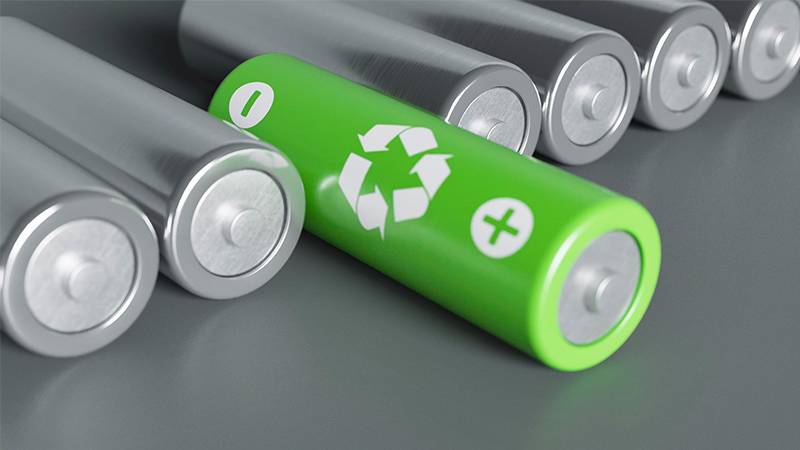The electric vehicle (EV) industry is experiencing a significant transformation with the rising demand for EVs and the consequent increase in battery production. In 2021, the United States produced around 55 gigawatt-hours of battery cells, sufficient for 700,000 EVs. This figure is expected to soar beyond 1,000 gigawatt-hours by 2030, driven by substantial investments from initiatives like the Inflation Reduction Act and Bipartisan Infrastructure Law. This growth is part of establishing a “Battery Belt” across the southeastern U.S., in response to the anticipated spike in EV demand.
With this surge in EV popularity and battery production, a critical challenge emerges: the escalating demand for raw battery materials, such as lithium and cobalt, is putting immense pressure on the global supply chain. Recycling is becoming an increasingly essential solution to this problem, with companies like Redwood Materials at the forefront. Founded by former Tesla CTO JB Straubel in 2017, Redwood specializes in recycling EV batteries and has formed partnerships with major automakers and battery manufacturers.
The battery recycling process is complex yet crucial for the industry’s sustainability. Companies like Redwood focus on refurbishing and reusing batteries where possible and resort to recycling when necessary. These efforts are key in developing a sustainable supply chain for battery materials, reducing reliance on new mining operations, which are time-consuming and environmentally challenging.
In recycling EV batteries, the initial step involves retrieving these batteries before they end up in landfills. Redwood employs various strategies to acquire batteries from sources including EV manufacturers, auto dismantlers, and production facilities. These batteries are then manually disassembled to extract raw materials. Redwood’s goal is to reuse and recycle over 95% of these materials, including copper and plastics.
For EV manufacturers that want to make cheap cars with big batteries, that’s a challenge. For a recycler like Redwood Materials, it’s an opportunity. After all, material scarcity leads to value, and there’s gold in all those EV battery packs headed to landfills.
The heart of the recycling process is the separation and purification of raw materials like lithium, nickel, and cobalt. This involves a process called reductive calcination, where batteries undergo a controlled thermal explosion to decompose components. This method is praised for its efficiency and lesser environmental impact compared to conventional mining.
The resulting materials are processed into powders that are ready for reuse in new battery manufacturing, potentially matching the performance of new materials. This area of recycling is continuously evolving and holds significant promise for the future of the EV industry.
According to The Verge, Redwood’s ambitious expansion includes a new $3.5 billion recycling facility in South Carolina, aiming to vastly increase their recycling capacity. This facility, along with their existing operations, is set to revolutionize the battery production and recycling landscape.
The role of recycling in the EV industry is becoming increasingly critical. Companies like Redwood Materials are leading this change, striving to create a more sustainable and efficient supply chain for EV batteries. The advancements in this sector represent a significant step toward a more sustainable future for electric vehicles, highlighting the importance of innovation and environmental responsibility in the burgeoning era of electric mobility.
More inspiring green news similar to this:


